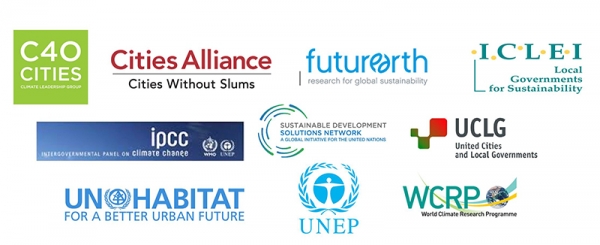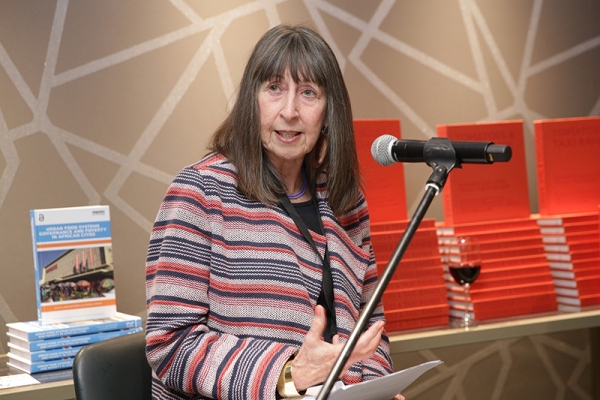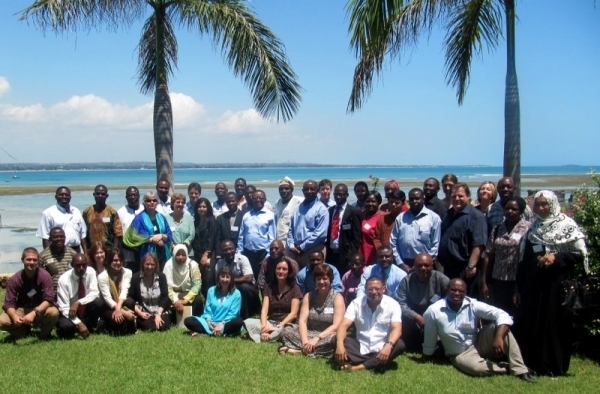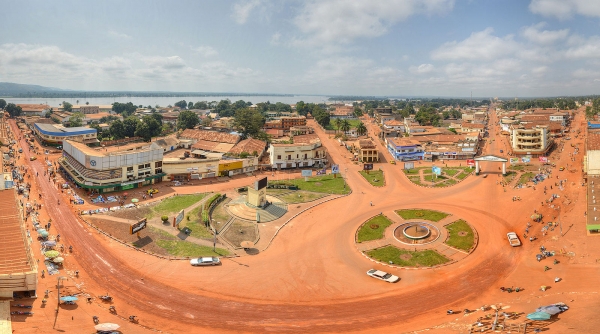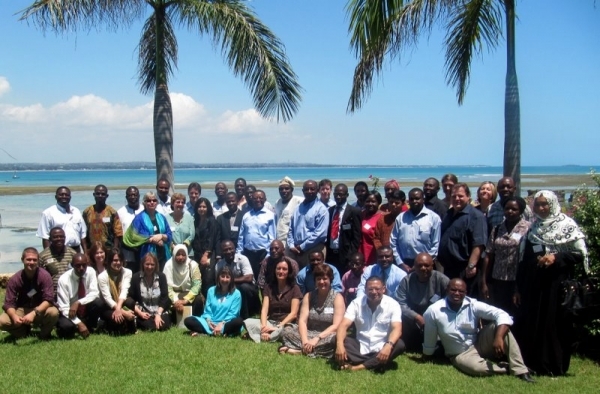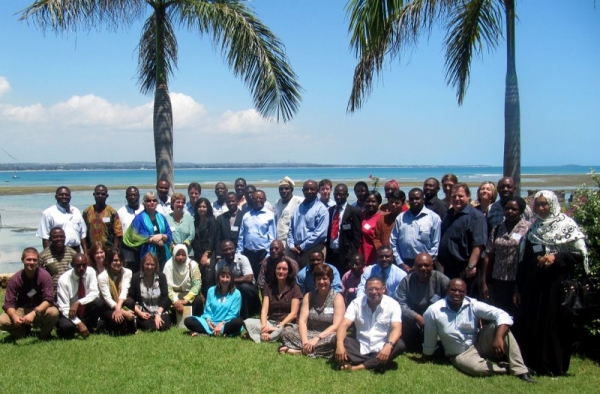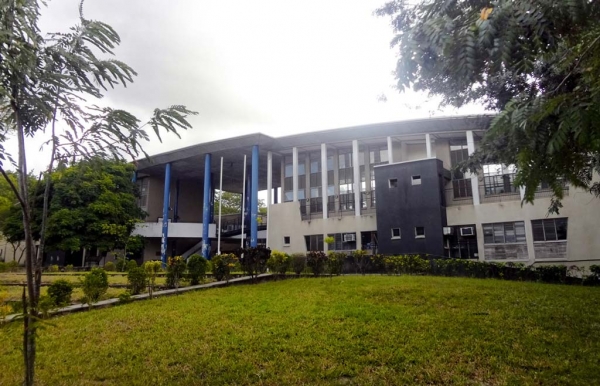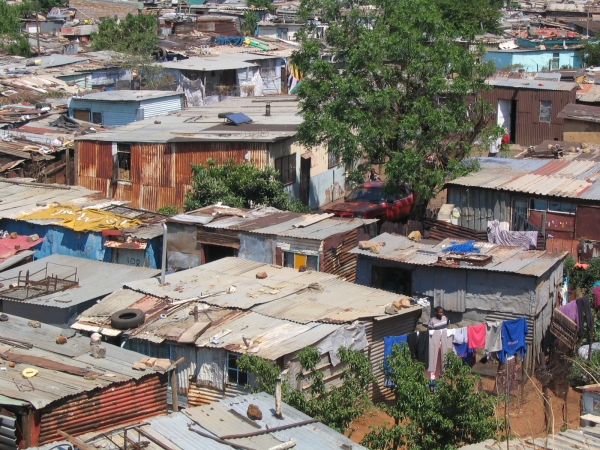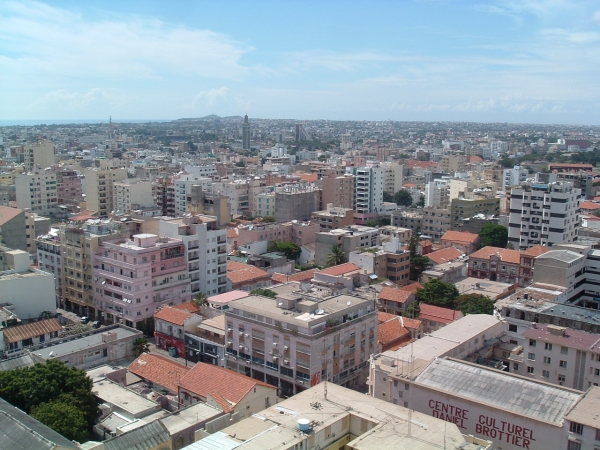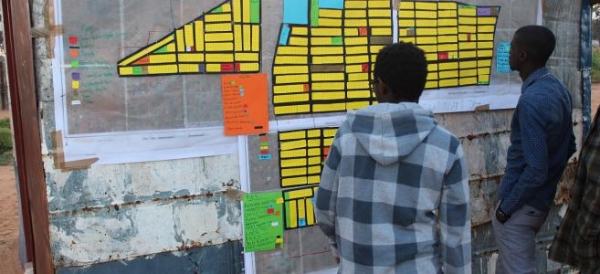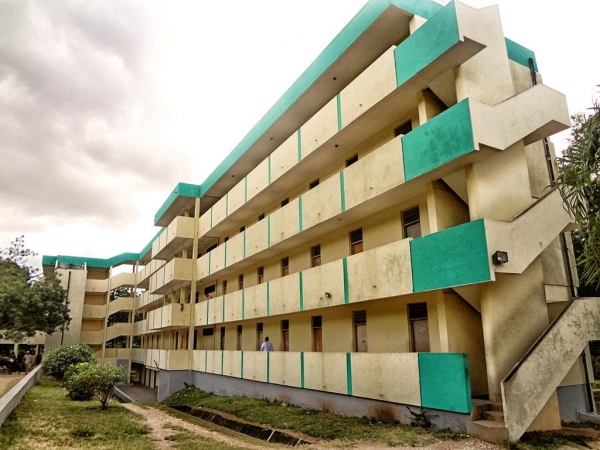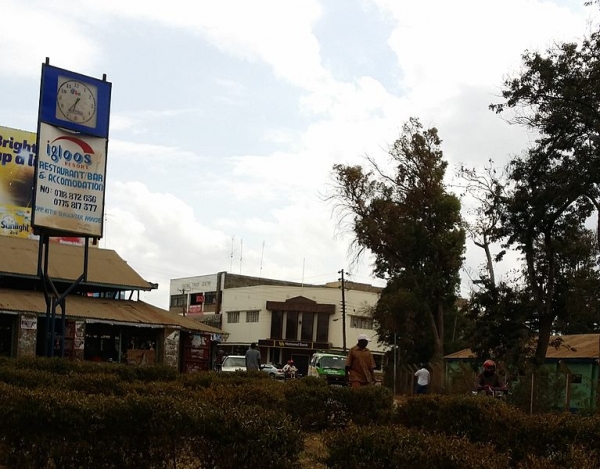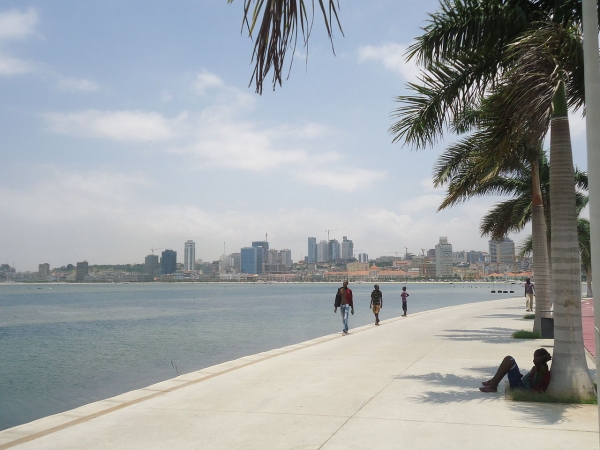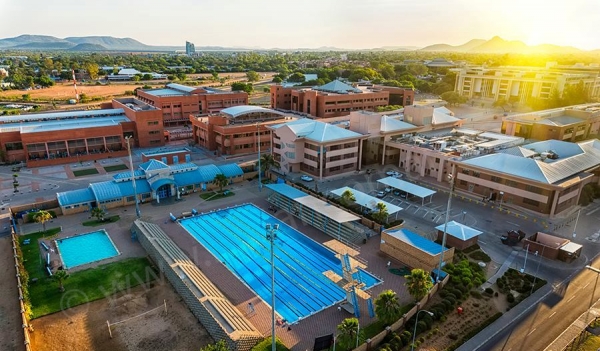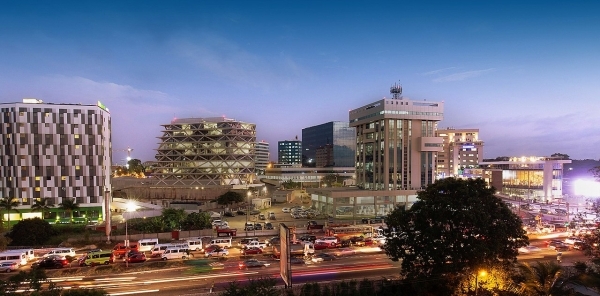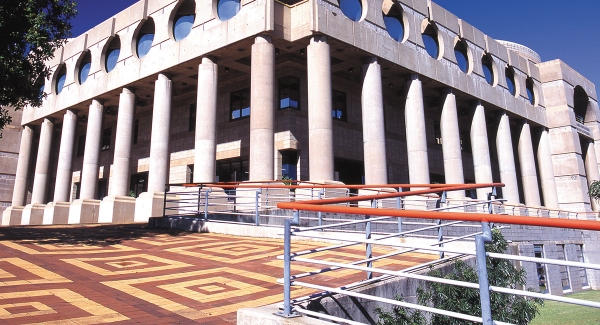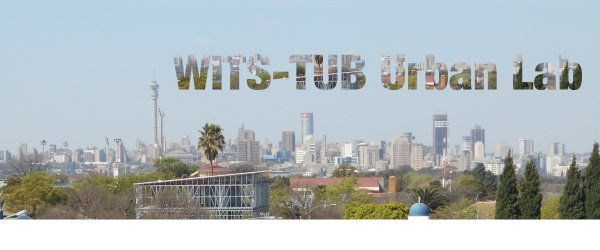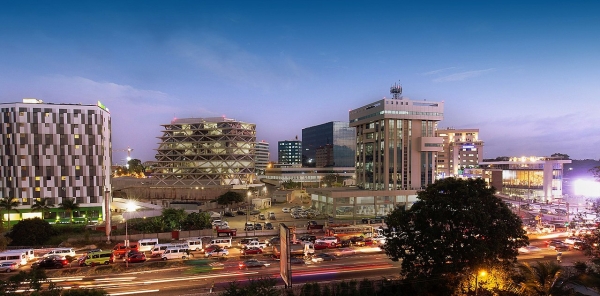An International Scientific Conference on Cities and Climate Change, co-organised by urban and scientific organisations and co-sponsored by the Intergovernmental Panel on Climate Change (IPCC), will be held in 2018 to further the scientific understanding of climate change and cities in support of the implementation of the New Urban Agenda, Paris Agreement and the Sustainable Development Goals.
Reposted from Cities Alliance.
Now, more than ever, cities are at the forefront of our sustainable, low-carbon and resilient future. Today, 20 October 2016, two important decisions have been made, in Bangkok and Quito, by the international community which put cities at the centre of a sustainable future.
The decision to hold an International Scientific Conference on Climate Change and Cities in 2018 was taken on 20 October 2016 by the Intergovernmental Panel on Climate Change (IPCC) 44th Plenary session in Bangkok. The conference will advance scientific investigation on Climate Change and Cities to help mayors and citizens to deliver on the ambition of the Paris Agreement and the New Urban Agenda. The Conference will identify existing research and gaps and generate new data and research on climate impacts and solutions at the local level. Its outcomes will inform the upcoming IPCC reports and ultimately support cities and citizens to build low-carbon and climate-resilient cities.
“The decision by the IPCC marks a critical milestone in securing a science-policy-practice interface that will help deliver inclusive, safe, sustainable and resilient cities in a climate-changed world,” explained Debra Roberts, Co-chair of IPCC Working Group II.
A diverse consortium of organisations – C40, Cities Alliance, ICLEI-Local Governments for Sustainability, Future Earth, Sustainable Development Solutions Network (SDSN), United Cities and Local Governments (UCLG), UN-Habitat, the United Nations Environment Programme (UNEP) and the World Climate Research Programme (WCRP) – will work closely with the IPCC on this conference that will advance climate science and policy for cities from megacities to secondary cities, informal settlements to central business districts. The enhanced scientific foundation for cities and climate change is a concrete next step for advancing the sustainable development of cities of all sizes in all regions.
“Cities are taking urgent action to tackle climate change, but they need accurate, consistent data on GHG emissions and climate impacts, to provide road-maps for how cities can deliver the aspirations of the Paris Agreement,” said Mark Watts, C40 Executive Director. “The conference in 2018 will dramatically increase the amount of research cities can draw upon in order to take the most effective, efficient actions, and will serve as a key milestone to better connect the scientific and urban communities.”
Speaking from Quito, Cities Alliance Director William Cobbett noted, “We welcome the IPCC announcement and hope that the process leading to the conference will lead to a common analysis between scientific and urban practitioners.”
“We have reached a global consensus that our urban future must be low-carbon, resilient and sustainable in every sense of the word. To make the most of our investments – financial, human and otherwise – local action must be data-driven and informed by rigorous science. ICLEI - Local Governments for Sustainability is committed to forging partnerships with the scientific community and welcomes the IPCC investigation on Climate Change and Cities,” said Gino Van Begin, Secretary General, ICLEI - Local Governments for Sustainability.
“This conference is timely and an important milestone in the implementation of the NUA and SDGs. Future Earth’s Urban Knowledge-Action Network is in an excellent position to support this conference as it mobilises the wide range of scientific knowledge needed to address the complex challenges of urban research – a cross-community field of study. It will foster a cohort of urban decision makers and practitioners that connect with researchers to build and implement reliable and effective solutions for cities,” said Paul Shrivastava, Executive Director, Future Earth.
The adoption of the New Urban Agenda at the Habitat III Conference in Quito sets the roadmap for sustainable urban development in the next 20 years. It also strengthens the role of city and national governments in implementing the Agenda 2030 for sustainable development, as well as deliver on the objectives of the Paris Agreement.
“A structured dialogue between academics and governments is instrumental to inform decision-making at all levels, and ensure good implementation and follow-up of the New Urban Agenda. We celebrate the progress achieved for cities in IPCC, as well as at Habitat III, and are ready to contribute to it,” said Mpho Parks Tau, President of UCLG.
At the forthcoming COP22 meeting in Morocco in November, the organising committee for the Scientific Conference on Cities and Climate Change will launch a call for a host city for the Conference. The co-organizers encourage all interested cities, especially those in the Global South that are experiencing a high level of climate risk, to apply.
For More Information:
Cities Alliance
Priscilla Ofori-Amanfo, Senior Communications Officer, pofori-amanfo@citiesalliance.org
C40 Cities Climate Leadership Group
Josh Harris, Press and Communications Manager, jharris@c40.org

